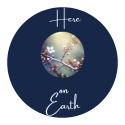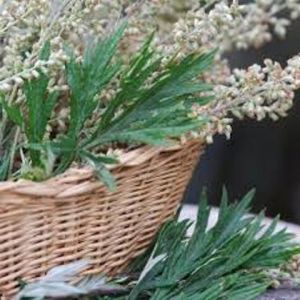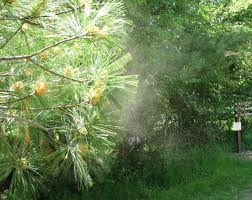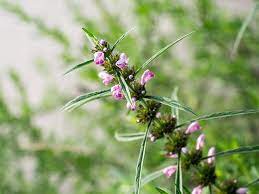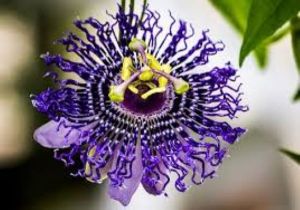_______________________________________________________________________________________________________________________

To learn more about herbs, go to:
https://hereonearthacademy.ca/herbal-healing-courses/
Check out the FREE Minimalist Herbalist course – scroll down the page.
________________________________________________________________________________
There are so many herbs to choose from, so where does one start? I say start small. Grow plants that you can use in your food as culinary herbs and medicinal herbs. I have suggested four herbs.
A lot depends on how much space you have for your garden and the time you can dedicate to your plants. If you live in an apartment, you can hang pots in your windows if you lack windowsills. Get pretty hanging baskets and some hooks and viola, a garden. If you are fortunate enough to have a balcony, you have space for a bit more and can also introduce some veggies.
All have access to parks and neglected spaces where many herbs grow; you just need to know what you are looking for.
I will do a blog on foraging as soon as the plants peak up their heads!
First, let's discuss some easy-to-find herbs that can be grown in pots.
Thyme
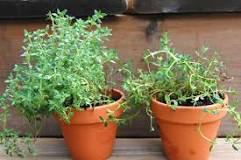
Thyme is a wonderful herb with an aromatic scent and adds a delicious addition to foods.
Thyme contains a potent essential oil called thymol which has long been used in traditional medicine as an antimicrobial, helpful against bacteria, viral and fungal agents. This antimicrobial property helps with upper respiratory complaints by helping rid the body of unwanted critters and helping to move mucus congestion out of the lungs.
As thyme is antimicrobial, it also can be used in salves as an antiseptic for cuts and wounds.
There are many ways to administer thyme that you can easily make.
- Make a syrup with lemon for sore throats and colds
- A herbal honey with made with thyme to add to your teas or just take straight off the spoon
- An antiseptic salve
- Liniment for sore muscles
- Tea for gas, indigestion
- Tincture
- Gargle for sore throats, laryngitis
Rosemary
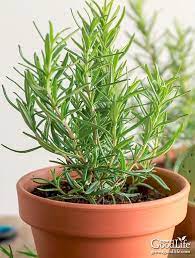
Even though rosemary is a humble common herb, it was considered one of the essential medicines by the Arabic, Greek and Roman physicians. European folk medicine has valued rosemary for a long time and is still used for many physical and mental imbalances. Every apothecary should have this versatile herb in stock.
We know that rosemary is a superb tonic for memory, increasing mental function and acuity by increasing blood flow and stimulating the brain. This stimulation action has been used as a folk remedy for anxiety, depression, insomnia, lethargy, exhaustion, stress, nervousness and headaches.
Also, rosemary's aromatic scent tells us it contains antimicrobial essential oils, much like the thyme mentioned previously. So actually mixing these two herbs, thyme and rosemary, makes for a great antiseptic salve.
Rosemary it is a superb culinary herb!
You can make:
- Rosemary honey for coughs, colds and the flu
- Tea for digestion
- Infused oils for cooking, salad dressings
- Make an antiseptic salve
- Hair rinse
- Vinegar for salad dressings
Lemon Balm
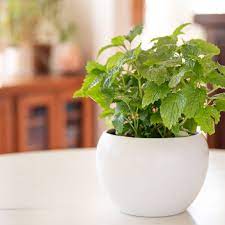
Lemon balm is a balm for the spirits and is used to soothe anxiety, nervousness, and depression: it is said to gladden the heart and bring light where there is darkness and softness where there is tension.
Children love lemon balm, and it will calm restlessness and nightmares. It is also employed to improve memory and concentration.
Lemon balm will assist in getting a good night’s rest for those with sleep disturbances and is even better used in combination with sedative herbs like valerian and passionflower.
Lemon balm is used to ease digestive issues, including cramps and flatulence; due to its mild antidepressant properties, it is especially indicated for digestive upset related to anxiety or depression.
Herbalists also commonly use lemon balm's antiviral action to address issues such as cold sores, shingles, and chickenpox.
Great to use as a culinary herb because of its lovely lemon taste!
You can make:
- Tea (hot or cold)
- Tincture
- Salve
- Use as a bath soak
- Make a herbal honey
Peppermint
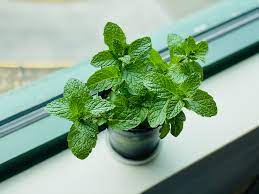
Peppermint is an herb of duality; it provides a cooling sensation and a warming sensation, making it a unique herb indeed.
Peppermint is used as a culinary ingredient in smoothies, summer salads, pestos, desserts, garnishes, and herbal blends added to flavour recipes and improve digestibility.
It has long been used as a flavouring agent for candy, gum, toothpaste, mouthwashes, and medicines.
Peppermint is a well-known digestive and is helpful for digestive disorders associated with pain and spasm, from gas and colic and cramps to diarrhea, due to its stimulating action on the digestive organs and its ability to relax tension.
As peppermint is part of the mint family; it is rich in minerals and vitamins. Peppermint contains magnesium, phosphorus, calcium, iron, niacin, potassium, sodium, selenium, riboflavin, thiamine, niacin, vitamins A and C, and protein. Most of these vitamins and minerals are water-soluble, so the best way to enjoy the nutrient profile of peppermint is in a water-based extraction, such as tea.
I find peppermint great to use as a steam for nasal and chest congestion as the cool menthol is so soothing and will break up the mucus and reduce coughing. Just a note, spearmint is a better option for children as peppermint is a little too strong for them.
Peppermint is both relaxing and stimulating to the nervous system. Its relaxant action calms anxiety and relieves tension and its stimulating action can be used to wake up in the morning or as an afternoon pick-me-up to recharge vital energy. It also increases mental clarity and aids concentration
You can make:
- Salve for chest congestion from colds and flu (safe for kids if using peppermint as an infused oil, not an essential oil)
- Steams
- Teas (hot or cold)
- Tincture
© Wendolyn Murdoch 2022
________________________________________________________________________________

To learn more about herbs, go to:
https://hereonearthacademy.ca/herbal-healing-courses/
Check out the FREE Minimalist Herbalist course – scroll down the page.
________________________________________________________________________________
Disclaimer: The information, including but not limited to, text, graphics, images and other material contained on this website are for informational purposes only. It is not intended to be a substitute for professional medical advice, diagnosis or treatment. Always seek the advice of your physician or other qualified health care provider with any questions you may have regarding a medical condition or treatment and before undertaking a new health care regimen.
Al
l content in this article is for informational purposes only. The owner of these written materials makes no claims as to the accuracy or completeness of any of the information, including any links. The owner will not be liable for any errors or omissions in this information. The owner will not be liable for any losses, injuries, or damages from the use of this information.
